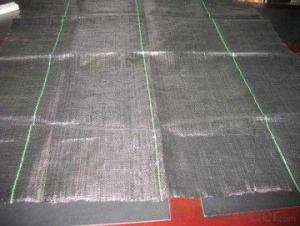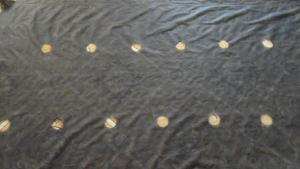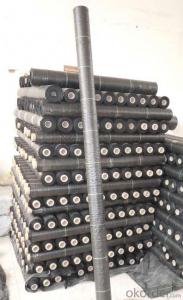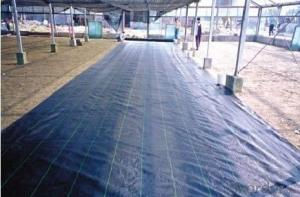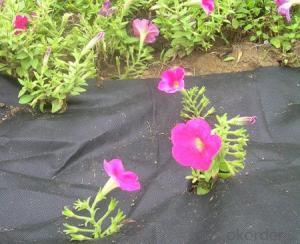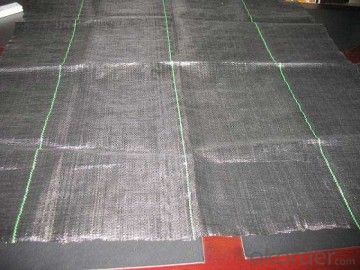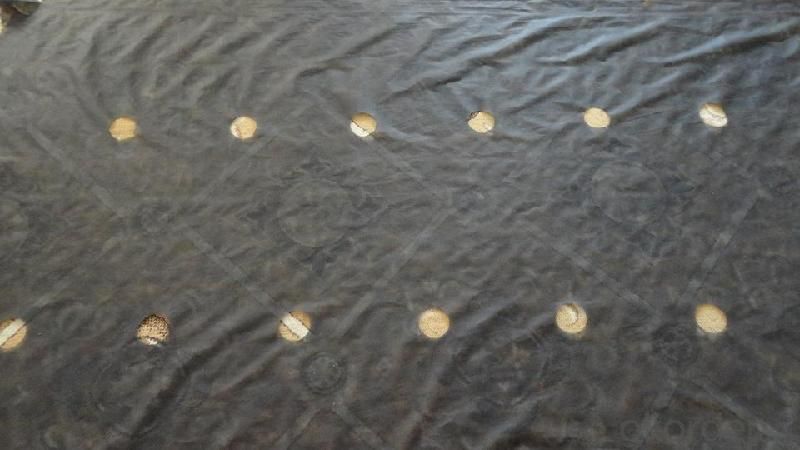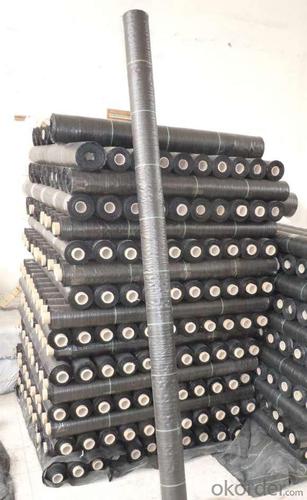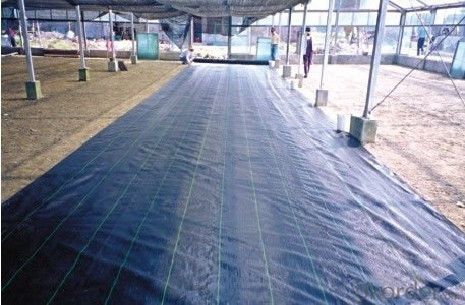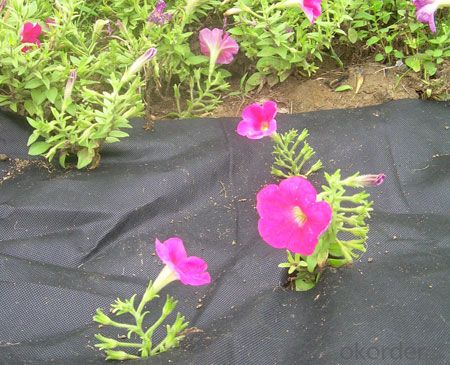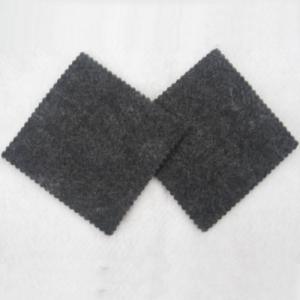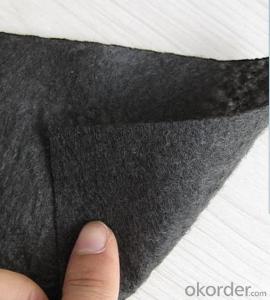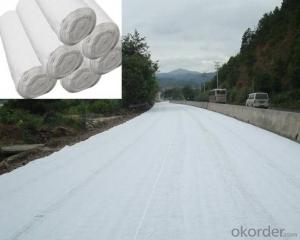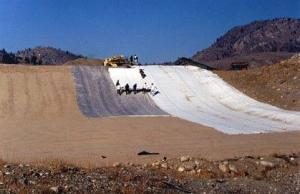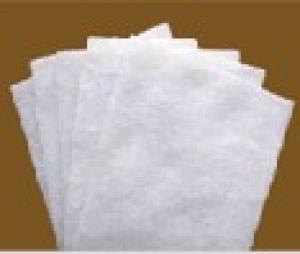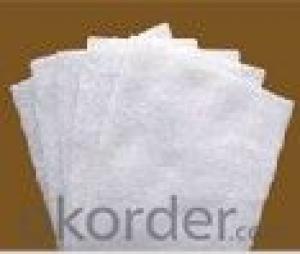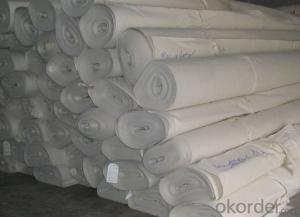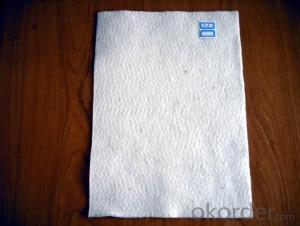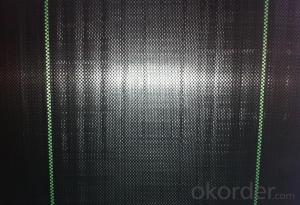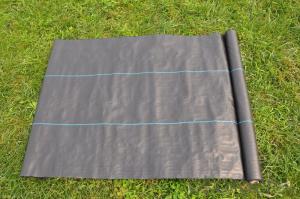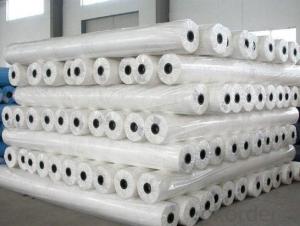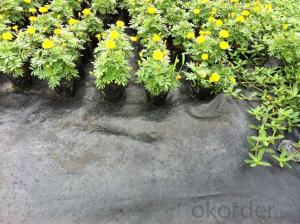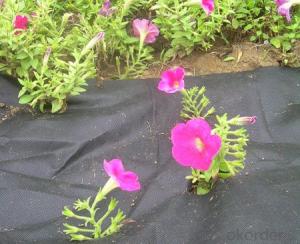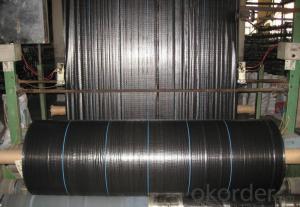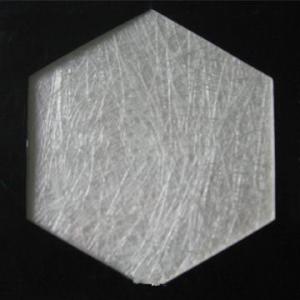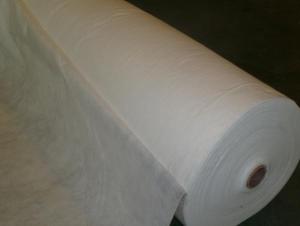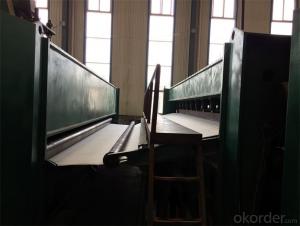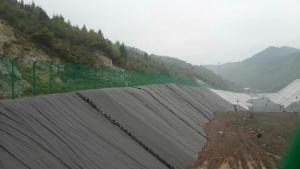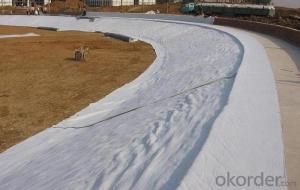Geotextile UK Small Roll or Cutting Piece PP Nonwoven Fabrics for Outdoor Plant Cover or Weed Mat
- Loading Port:
- Qingdao
- Payment Terms:
- TT OR LC
- Min Order Qty:
- 10000 m²
- Supply Capability:
- 500000 m²/month
OKorder Service Pledge
OKorder Financial Service
You Might Also Like
Small Roll Or Cutting Piece Pp Nonwoven Fabrics Used For Out Door Plant Cover Or Weed Mat
Product specification
1)Material: 100% polypropylene
2)Weight: 10~200gsm or Customized
3)Width: within 250cm or Customized
4)Color: any colors available
Health - Hygiene & Medical: | ||
Surgical Gowns Gloves Face Masks Foot covers Diapers | Caps Bedsheets Curtains Pillow Covers Slippers | |
Packaging | ||
Sleeping Bags Tarpaulins Tents Artificial Leather Bags for Rice/Sugar etc. | Luggage Vacuum Cleaner Bags Tea and Coffee Bags Buff Pads Shopping Bags | |
Agriculture | ||
Crop Covers Turf Protections Nursery Over wintering Weed Control Fabrics | Root Bags Containers Capillary Matting Other types of covers | |
Furniture Upholstery | ||
Roofing and Tile Underlayment Acoustical Ceilings Insulation | House wrap Pipe wrap Sofa and Mattress Lining | |
Shoes & Garments | ||
Coveralls Pillow cases Airline Headrests | Interlinings Clothing and Glove insulation Bra and Shoulder Padding | |
Product usage
Most of our landscapers / gardeners use the square meter measurement.
Adventures
Measure the width of the area and length of the area you wish to cover.
Then multiply the length by the width , which will give you the square meter ( sqm2 ).
Once you’ve received your woven weed control fabric, follow these simple steps.
Turn over the area to be covered and make sure any sharp weeds / stalks are removed
Lay your chosen fabric on top of the prepared soil, if you need to overlap make sure you leave around 25cm.
Packaging & Delivery
| Packaging Details: | Packed In Roll Or In Bales Or Cartons Or According To Customers Requirement |
| Delivery Detail: | 20 Days After Order Confirmed |
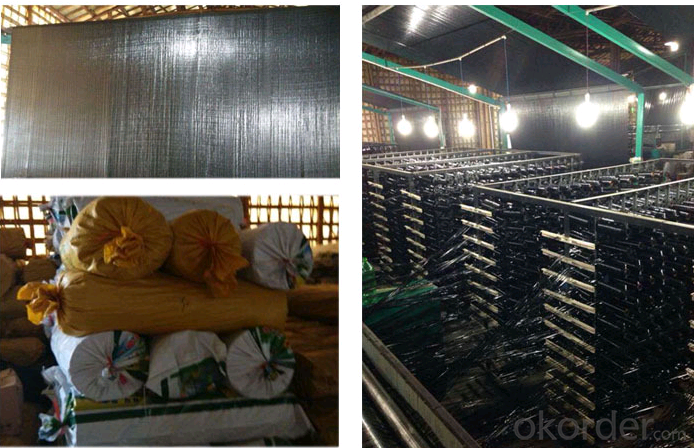
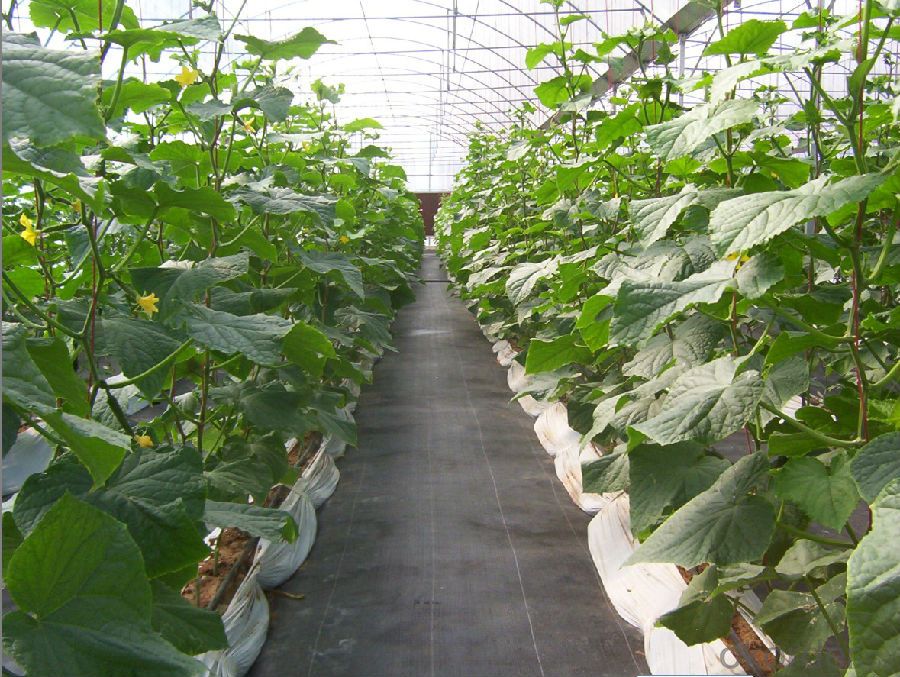
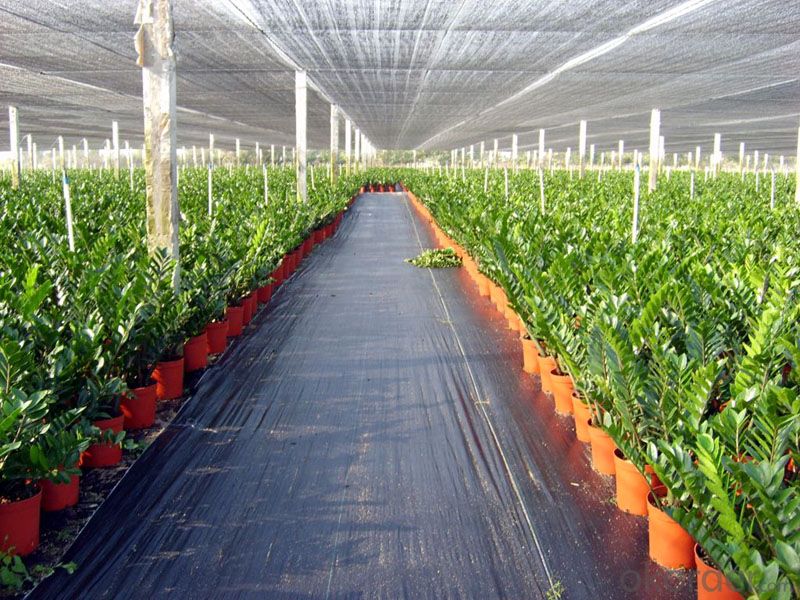
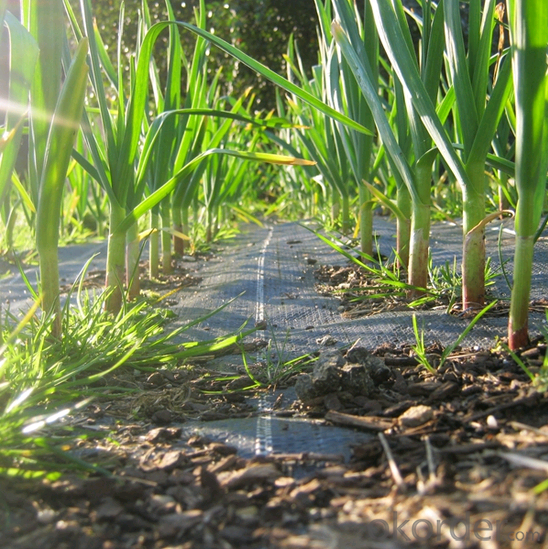
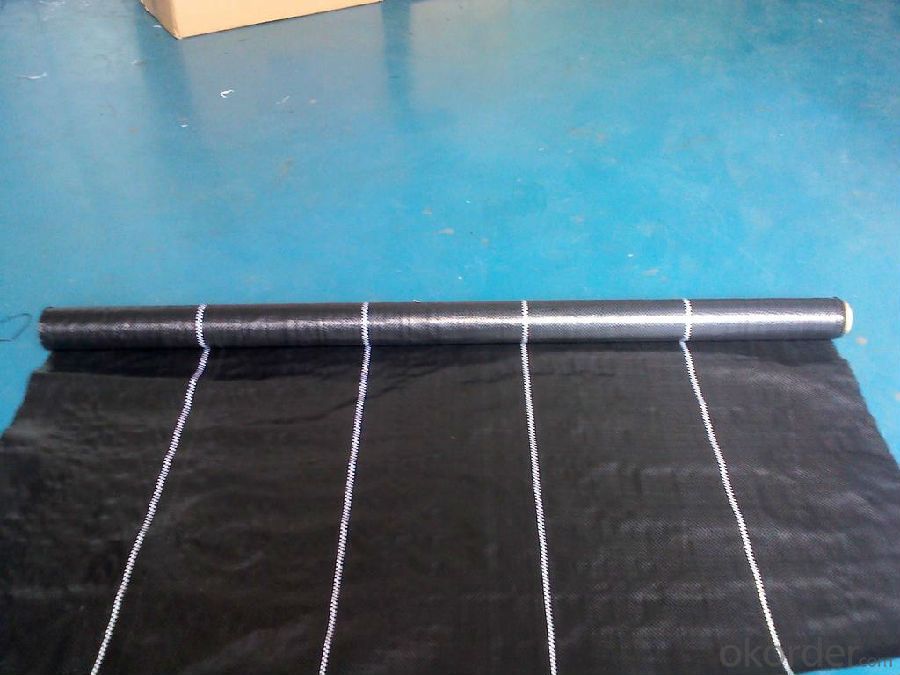
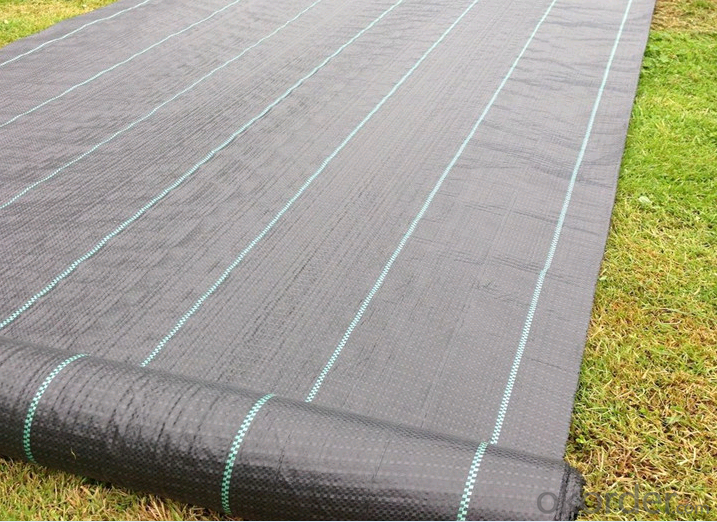
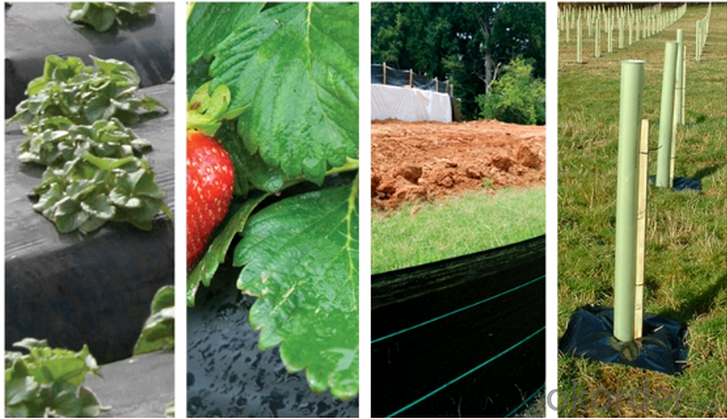
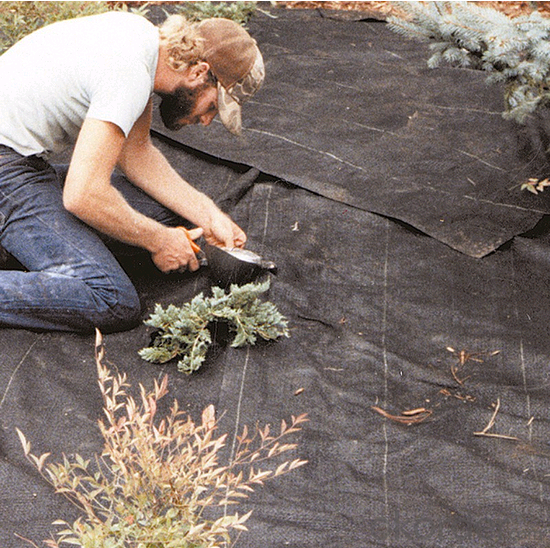
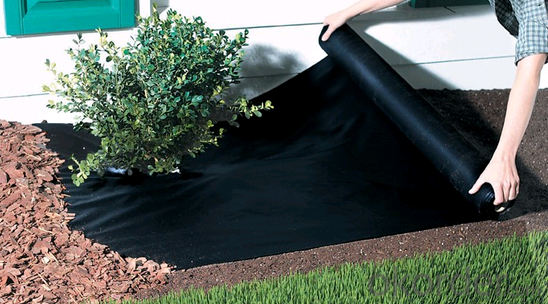
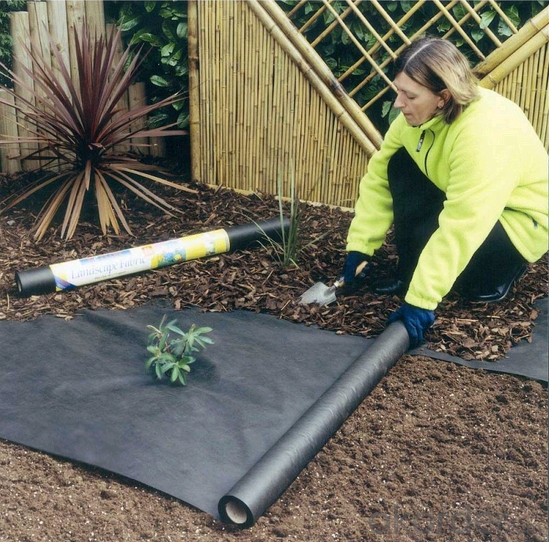
FAQ
1, Samples Policy
Samples are free, but the freight is on customers' charge
Samples will usually be sent out in one day.
2, Prices
As for the prices, we need you to provide us weight, color, width and usage so that
we can quote you best.
3, How to place an order?
Inquiry
Reply
Sample
Contract
Receiving deposit& production
Testing& Packing
Delivery
Receiving
- Q: How do geotextiles contribute to the sustainability of construction projects?
- Geotextiles contribute to the sustainability of construction projects by providing various benefits such as erosion control, soil stabilization, and drainage management. These synthetic or natural fabrics are used to reinforce soil, prevent soil erosion, and retain moisture, reducing the need for excessive excavation and resource consumption. By enhancing the performance and durability of construction materials, geotextiles help extend the lifespan of structures, reducing the need for frequent repairs or replacements. Additionally, geotextiles can minimize environmental impacts by facilitating stormwater management, preventing sediment runoff, and promoting the growth of vegetation. Overall, geotextiles play a crucial role in sustainable construction practices by minimizing environmental degradation and optimizing the long-term durability and functionality of infrastructure projects.
- Q: What are the factors to consider when designing geotextile-reinforced structures?
- When designing geotextile-reinforced structures, several factors need to be considered. These include the type and properties of the geotextile material, the intended function and loading conditions of the structure, the site conditions and soil properties, the compatibility between the geotextile and other materials used in the construction, and the long-term durability and maintenance requirements of the structure. Additionally, factors such as construction techniques, cost-effectiveness, and environmental considerations should also be taken into account during the design process.
- Q: What are the factors to consider when selecting a geotextile for a specific application?
- When selecting a geotextile for a specific application, several factors need to be considered. These include the desired function of the geotextile, such as separation, filtration, drainage, reinforcement, or erosion control. The site conditions, including soil type, slope, and climate, also play a crucial role in determining the appropriate geotextile. Other factors to consider include the expected loads and stresses, installation requirements, longevity, and cost-effectiveness. It is important to consult with an experienced geotechnical engineer or geotextile specialist to ensure the right selection for the specific application.
- Q: What is the effect of tunnel geotextile failure on tunnel quality
- Will affect the settlement force of the tunnel.
- Q: Neighborhoods: anti-seepage composite geotextile testing need to follow which test specifications, and routine testing items.
- (G / sq.m), film thickness (mm), mass per unit area deviation (%), breaking strength (KN / m), the product quality (GB / T-1998) (KN), the equivalent pore diameter O55 (mm), the vertical permeability coefficient (cm / s), the hydrostatic pressure (Mpa), the tearing strength (KN), the CBR breaking strength (KN) The And the front two said the basic almost, but hope that a detailed description can make you more clearly point.
- Q: High-speed rail 2-type sliding layer to use two cloth a film, geotextile wool surface close to the concrete, but in the geotextile between the smooth and matte surface there is controversy, both sides of the geotextile is fluffy soft , A smooth side of some hard, hope to understand the master to answer the hairy side is smooth or matte surface? Thank you more
- You do not call geotextile cloth, you called the permeable template cloth, geotextile cloth on both sides of the hair!
- Q: How do geotextiles help in preventing the loss of fine particles in geocomposite drains?
- Geotextiles help prevent the loss of fine particles in geocomposite drains by acting as a filter barrier. They allow water to pass through while retaining the fine particles, preventing clogging and ensuring efficient drainage.
- Q: How do geotextiles help with reinforcement of geogrid reinforced walls?
- Geotextiles are used in conjunction with geogrids to reinforce walls by providing additional support and stability. They prevent soil erosion and migration, acting as a barrier between the geogrid and the surrounding soil. This helps to distribute the load evenly, reducing the risk of wall failure and improving the overall strength and durability of the structure.
- Q: Polyester filament nonwoven is filament geotextile
- Yes, generally do geotextile material, polyester filament nonwoven fabric refers to filament geotextile. Huazhi geotechnical materials manufacturers to answer your questions
- Q: Are geotextiles resistant to puncture?
- Yes, geotextiles are generally resistant to puncture. They are designed to be durable and strong, offering protection against punctures caused by sharp objects or external forces.
Send your message to us
Geotextile UK Small Roll or Cutting Piece PP Nonwoven Fabrics for Outdoor Plant Cover or Weed Mat
- Loading Port:
- Qingdao
- Payment Terms:
- TT OR LC
- Min Order Qty:
- 10000 m²
- Supply Capability:
- 500000 m²/month
OKorder Service Pledge
OKorder Financial Service
Similar products
Hot products
Hot Searches
Related keywords
